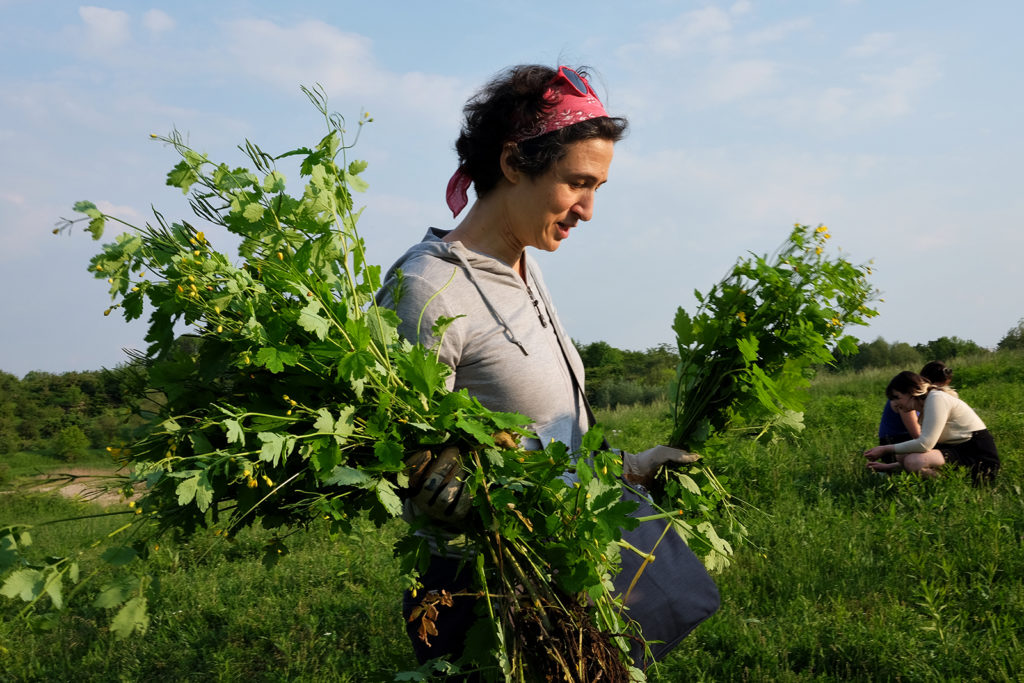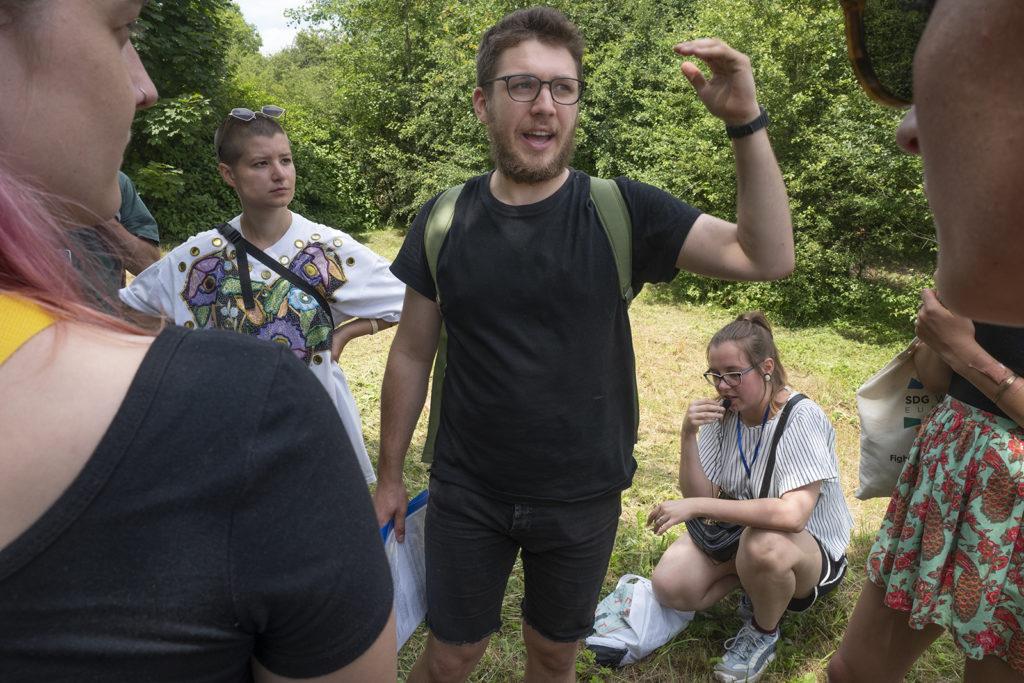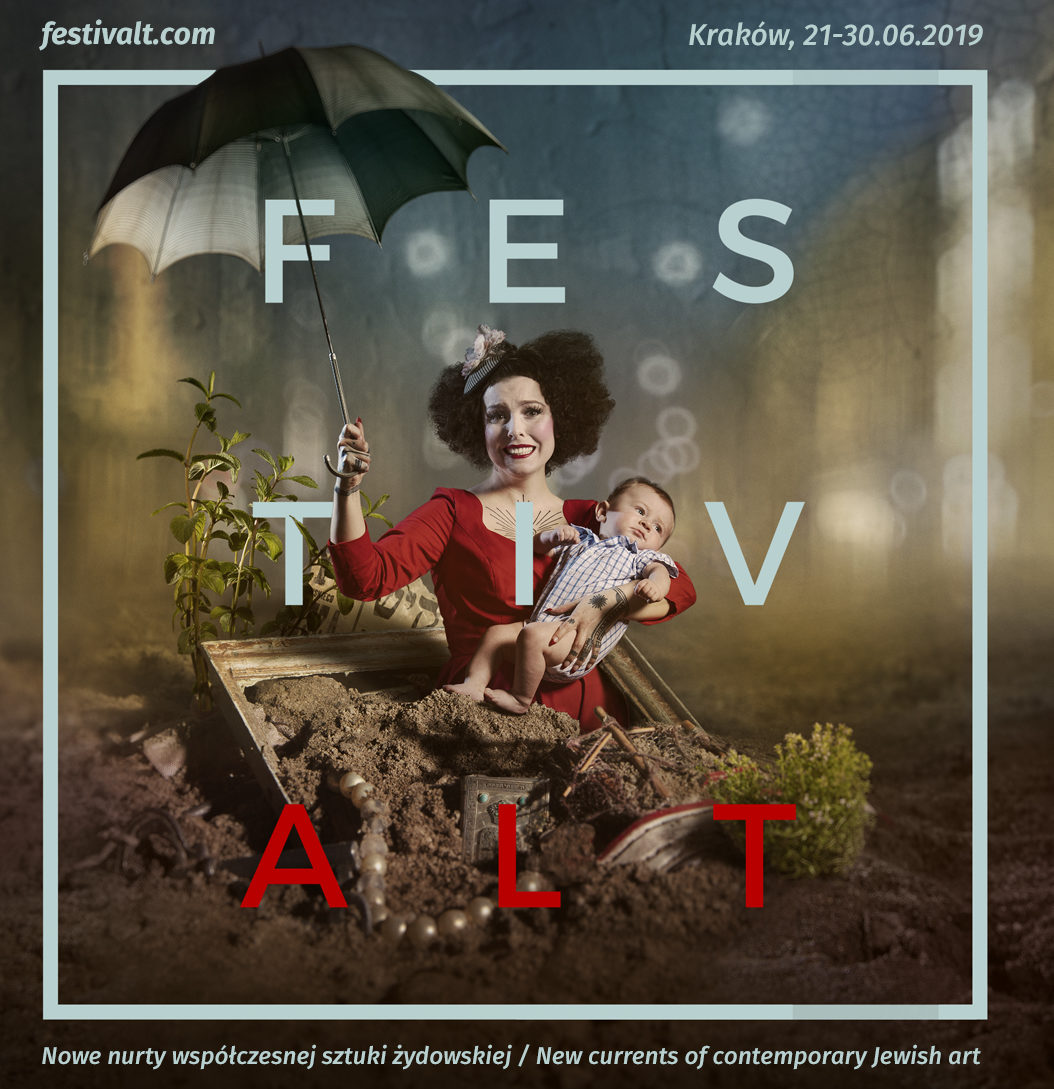The site of the former concentration camp KL Płaszów, in the Podgórze district of Kraków, is caught between the past and the present. Once the site of an Austrian military encampment, it was later converted into two Jewish cemeteries, upon which the Nazis built a concentration camp; today it is primarily a public park and recreation area, with a scattering of monuments and markers of memory. Foreigners rarely visit it, and many locals know too little about what happened there. FestivALT has been engaging with the site’s use and misuse and the remembering and forgetting of its history for years. How does violent history become mundane? How can this largely ignored place re-enter public consciousness? What potential for healing does the site offer?

Medicinal Plants of Płaszów is an experimental answer to these questions. Working with an ethnobotanist and the families of a local social welfare center, FestivALT has collected medicinal plants and herbs from the site of former KL Płaszów and created a community garden from them. The garden, which is located at the social welfare center and tended by its members, is surrounded by photographs of Płaszów that were taken over the last decade. The garden proposes a new relationship to the violence of the past.
By cultivating and caring for the very earth on which unspeakable violence was perpetrated, the garden sets in motion a process of healing and regeneration.

